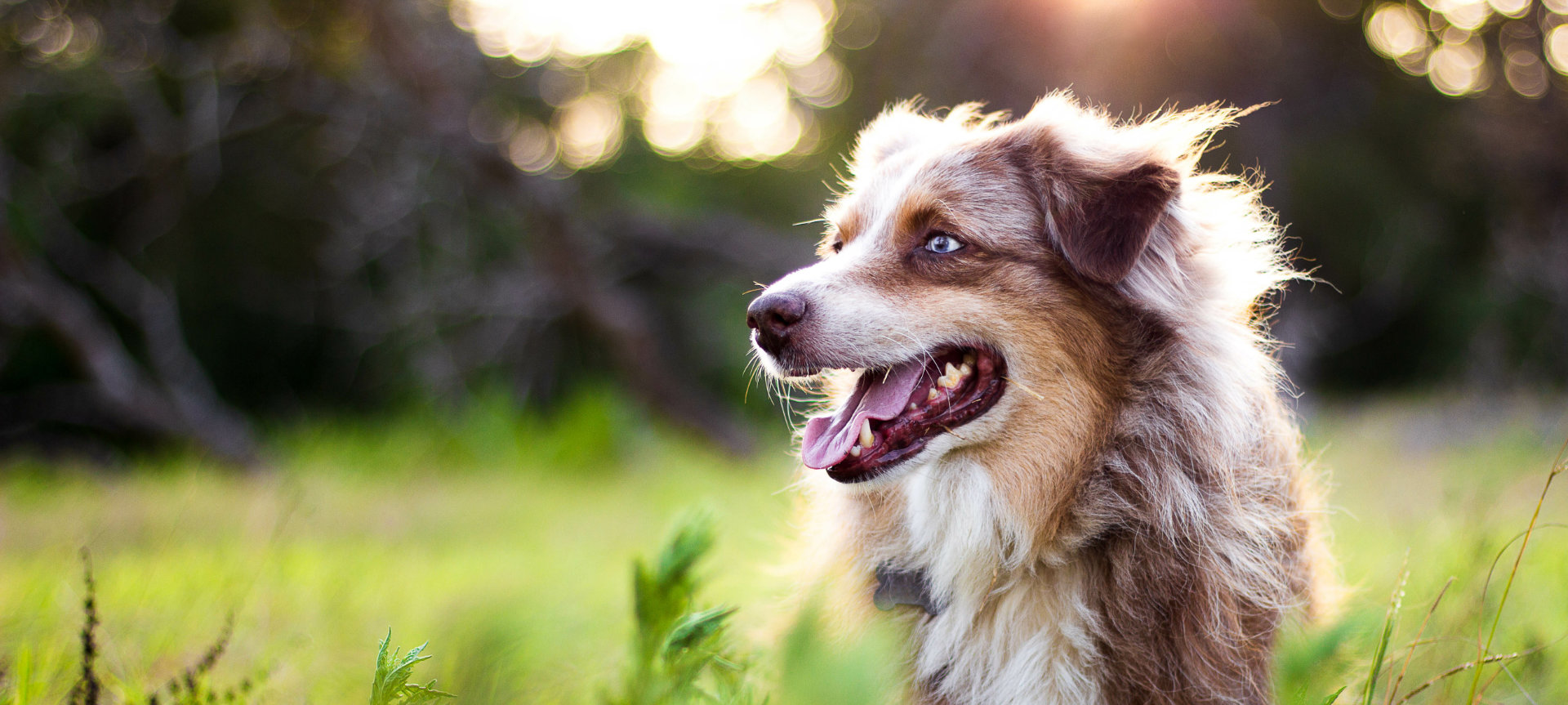
Periodontics
Periodontics is a vital aspect of veterinary medicine, focusing on preventing, diagnosing, and treating diseases of the periodontium, which supports teeth. Periodontal disease, affecting up to 80% of pets over three years old, arises from plaque and tartar build-up, leading to gum inflammation, bone loss, and potential tooth loss. Recognizable signs include bad breath, swollen gums, difficulty chewing, and loose teeth. Regular tooth brushing and dental cleaning under anesthesia, followed by at-home care, are essential in preventing and managing periodontal disease. Untreated periodontal disease can lead to severe health issues such as tooth loss, pain, infection, and potentially systemic conditions including heart, kidney, and liver diseases, emphasizing the critical importance of early treatment for maintaining pets’ long-term health and well-being. Visit The Veterinary Oral Health Council website (VOHC.org) to find at home dental care products that have been clinically proven to be effective in preventing periodontal disease in our pets.
Dr. Sharon Startup and Dr. Katy Burton offer a comprehensive range of periodontic services, which include:
- Regular Dental Prophylaxis involving teeth scaling and probing, along with dental radiographs.
- Open and Closed Root Planing for deep subgingival cleaning and scaling.
- Guided Tissue Regeneration, a specialized dental procedure promoting the regeneration of normal, healthy tissue in areas affected by bone loss and periodontal disease.
- Bone Grafting, a restorative procedure addressing bone loss often associated with periodontal disease.
- Gingivectomy/Gingivoplasty, a surgical approach for the removal or reshaping of excess gum tissue resulting from periodontal disease.
- Lateral Sliding Flap, which involves grafts of gum tissue utilized to cover exposed roots and enhance gum health.
- Apical Repositioning Flaps, a form of mucogingival surgery aimed at eliminating periodontal pockets and promoting gum health.
- Crown Lengthening Procedures, focusing on the precise removal of gum tissue and/or bone to expose more of the tooth surface for enhanced periodontal health.



